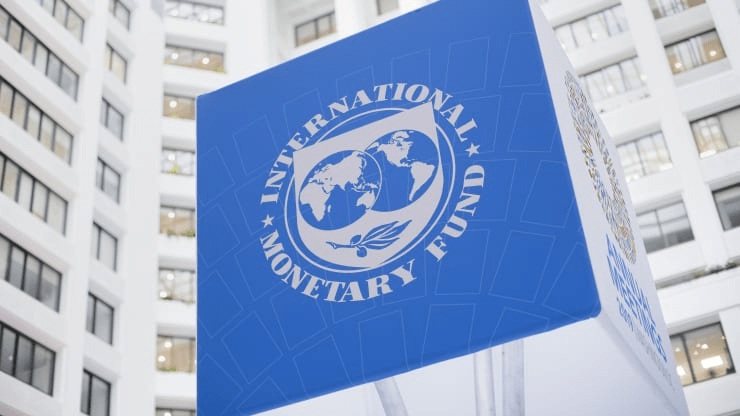Asia’s economic contraction this year will be worse than previously thought as several emerging markets in the region have slowed down sharply while battling the coronavirus outbreak, the International Monetary Fund said on Wednesday. Asia is forecast to shrink by 2.2% this year, the IMF said in its latest Regional Economic Outlook report for Asia and Pacific. That’s worse than the fund’s June forecast for a 1.6% contraction, and stands in contrast to the IMF’s decision to revise upward the projection for the global economy.

The IMF said the downgrade for Asia’s economy “reflects a sharper contraction, notably in India, the Philippines, and Malaysia.” It added that India and the Philippines experienced a “particularly sharp” drop in economic activity in the second quarter, “given the continued rise in virus cases and extended lockdowns.”
Here’s the fund’s forecast for the three economies: India is expected to shrink by 10.3% in the fiscal year ending March 31, 2021. That’s worse than the 4.5% contraction forecast in June. The Philippine economy is forecast to contract 8.3% in the calendar year 2020, much more than the 3.6% contraction projected in June. Malaysia will likely shrink by 6% this year, worse than the IMF’s June forecast of a 3.8% contraction.
Not all Asian economies had their forecast downgraded. Economic activity in the region is moving at “multiple speeds,” with China — the first country to report cases of Covid-19 — leading the recovery, the IMF said. China is one of the few Asian economies expected to grow this year. The fund upgraded its 2020 growth forecast for the Asian giant to 1.9% from its June projection of 1% because of “a faster-than-expected rebound in the second quarter.”
Next year, China’s economic growth is expected to pick up to 8.2%, according to the fund’s forecast. A stronger recovery in China — as well as in the U.S. and the euro area — will support Asia’s growth, but the region’s return to its full economic capacity will be “a long slog,” said the IMF.
Asia’s economy is expected to rebound by 6.9% in 2021, which is an upgrade of the fund’s June forecast of a 6.6% expansion. Still, the fund said the region’s economic output will likely remain below pre-pandemic levels for some time due to “scarring effects.” Such effect refers to medium- to long-term damage to economies following a severe shock.
IMF says Asia’s economy will shrink more in 2020 than it previously thought, CNBC, Oct 22